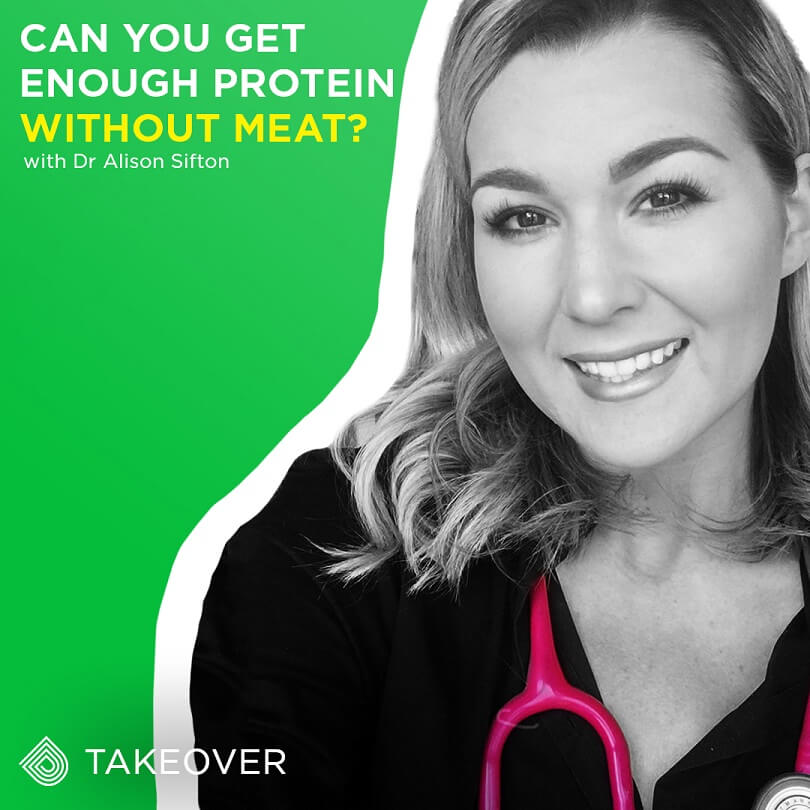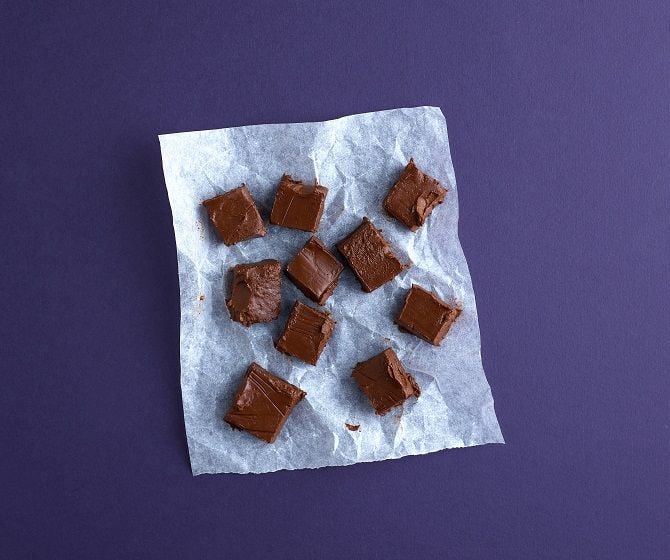By Dr Adam Simon
Can you digest a megaburger in a single sitting?
Epic burgers are all the rage, but can your body cope with all those calories in a single sitting?
Epic burgers are all the rage, pushing the boat out and cramming an amazing amount of calories into a single sitting.
But can your body actually digest that much food, or is there a limit to the amount of calories you can take in a single sitting?
In this guide, we'll find out just how many calories your body can handle and what happens to the food you can't digest.
Gut-busting Burgers
Restaurants are always trying to up the ante when it comes to calorific foods and challenging meals. While the US still leads the way on epic meals, the UK certainly isn't slacking - with some of the best examples including:
The Quadruple Bypass Burger: Clocking in at a just shy of a whopping 20,000 calories the Quadruple Bypass burger from the Las Vegas Heart Attack Grill comes with eight beef patties and 40 pieces of bacon, slathered with cheese.
Mr Big: From Crust in Solihull comes this 6,000-calorie behemoth of a burger, featuring three steak burgers, crispy bacon, pulled pork, lashings of cheese and crispy onions. If you can finish it in 20 minutes it's on the house, otherwise you'll have to pay £19.95.
The Haystack Burger: From the Farmers Arms in Lancashire comes the Haystack Burger, racking up a massive 10,000 calories with its 40-ounce beef burger, eight rashers of bacon and all the trimmings. The pub needs at least 24 hours from anyone looking to take on this monster, which is on the house if you can tackle it within 40 minutes.
The Yorkshire Pud Burger: From the Smokehouse venue in Wakefield, this humongous, 5,000-calorie burger features two 20-ounce patties, chicken breast, mozzarella and a mountain of chips sandwiched between two gigantic Yorkshire puddings.
How Much Can You Handle?
Actually managing to finish a megaburger would be an achievement in itself, but would your body be able to handle the incredible amount of calories these contain? It all depends on your diet.
Evolution has geared your body to make the most of whatever food it can get its hands on. Any food you eat is broken down by digestive processes and its nutrients distributed to other parts of your body for storage or further chemical changes.
There is an upper limit to how much your body can handle in a single sitting, however, this varies from person to person. If your diet is full of high-calorie foods, over time, you'll condition your digestive system and the bacteria in your gut to respond in kind and absorb these calories with more efficiency.
Your body uses various chemicals to break down food, but it uses resources efficiently, so the amount it produces are proportional to the amount of food you tend to eat. After all, it'd be a waste of energy to keep these systems running above capacity.
So if you've got a fairly normal diet, tackling a megaburger means whatever calories your body can't process will pass through undigested. In terms of fat, when it's ejected from the fat-absorbing part of your intestine, it'll be passed on to the bacteria that live in your gut.
They won't be used to dealing with this either, but they'll try their best to break it down. However, their lack of expertise means they'll do so inefficiently and may produce an excess of gas as a result.
Calories don't only come from fat of course, but the same general process also applies to the likes of carbohydrates and sugar.
What Happens to Food You Don't Absorb?
After eating, your body will reduce the speed at which food passes through your intestines, but if you keep piling in food, this process will continue full speed ahead - limiting the amount of time spent in the parts of your gut where its various components are absorbed.
Simply put, whatever your body's unable to use will end up in your poo. However, the upper limit to what your body can absorb in a given time differs. So for example, sugars are likely to have a higher uptake rate than fat and protein.
Failure to properly absorb protein can lead to loose stools, while poorly absorbed fats can cause oily bowel movements and both kinds tend to smell awful, given the excess gas produced by your gut bacteria when it tries to break down these nutrients.
So while your body won't stop trying to digest the foods you consume, it's subject to the law of diminishing returns the more you overload it.
However, if you repeatedly push the calorie limit, your body will become acclimatised to handling more and more food and increase both the size of your fat cells and extend your ability to produce even more fat as a result.
And You?
If you've managed to tackle a megaburger and want to share your achievement or have any questions about digestion, be sure to leave us a comment below or get in touch via Facebook.
And if you're looking for expert advice on digestion, nutrition or weight loss - simply hit the button below to talk to a UK-based GP right now:

